Coronavirus: What are the symptoms?published at 11:27 GMT 11 March 2020
 Image source, Getty Images
Image source, Getty ImagesThe virus is spreading around the world, but what is it and what are the symptoms?
Get in touch: bizlivepage@bbc.co.uk
Sunak pledges £30bn to help "British people, British jobs and British businesses"
Fuel duty remains frozen for another year
Planned rise in beer, cider and wine duties cancelled
£5bn for gigabit-capable broadband into the hardest to reach places of the UK
UK growth forecasts updated: 1.4% for 2020 and 1.6% for 2021
Government to abolish business rates for small shops this year
Karen Hoggan, Tom Espiner and Dan Ascher
 Image source, Getty Images
Image source, Getty ImagesThe virus is spreading around the world, but what is it and what are the symptoms?
Coronavirus: 'Don't panic, be community-minded', says loo roll boss
Many people in the UK have been stockpiling toilet paper in anticipation of isolation measures.
But there's plenty of it to go round, and the capacity to make more - so there's no need to panic, says Tony Richards of Essity, at the company's factory in Salford, Greater Manchester.
Allow X content?
This article contains content provided by X. We ask for your permission before anything is loaded, as they may be using cookies and other technologies. You may want to read X’s cookie policy, external and privacy policy, external before accepting. To view this content choose ‘accept and continue’.
 Image source, Getty Images
Image source, Getty ImagesNHS England will be able to carry out 10,000 tests per day, up from 1,500 currently.
From the BBC's personal finance expert
Allow X content?
This article contains content provided by X. We ask for your permission before anything is loaded, as they may be using cookies and other technologies. You may want to read X’s cookie policy, external and privacy policy, external before accepting. To view this content choose ‘accept and continue’.
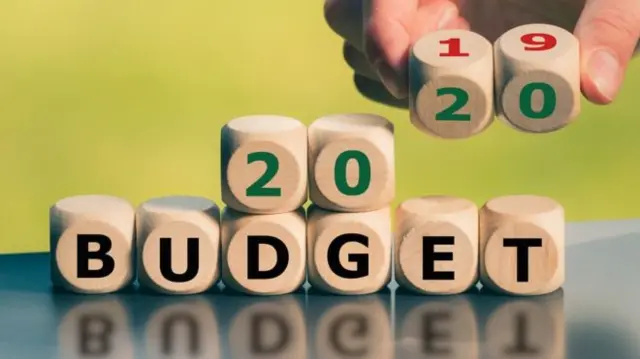 Image source, Getty Images
Image source, Getty ImagesQuote MessageThe Bank of England has done as much as it can within its remit to support the economy. The interest rate cut and establishment of the term funding scheme aimed at small businesses are welcome. But these measures will need to be underpinned by a government-backed credit guarantee scheme that will give banks the confidence to lend. We would expect such a scheme to be announced in the Budget later today.
Gary Young, Director of macroeconomic modelling and forecasting, National Institute of Economic and Social Research
 Image source, Getty Images
Image source, Getty ImagesThis year's festival, in April, was set to be headlined by Rage Against The Machine and Frank Ocean.
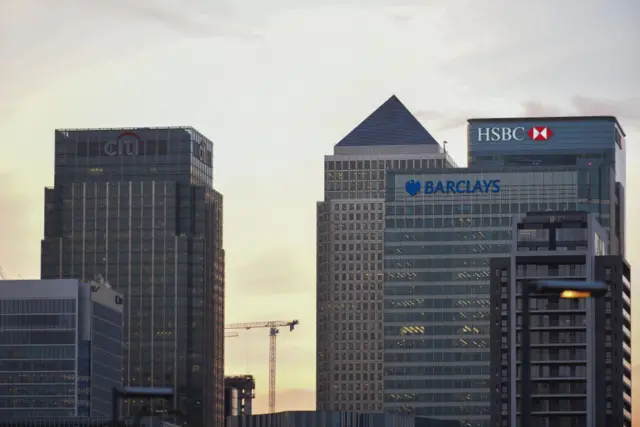 Image source, Getty Images
Image source, Getty ImagesBanking watchdog, the Prudential Regulation Authority, has underlined warnings to lenders not to take advantage of a temporary relaxation in rules governing how much cash banks need to hold to increase bonuses or dividends.
Earlier, Bank of England governor Mark Carney said lenders could use one of their capital buffers, a slush fund banks have to hold against money they have lent out, to maintain lending during the outbreak. But he insisted that extra cash should not be given to workers or shareholders.
The PRA agrees. In a statement, it said: "Such restrictions are consistent with the overarching aim of these buffers, which is to enable banks to continue to support the real economy and avoid amplifying a system-wide crisis."
Any decision taken by banks regarding bonuses must be "consistent with the maintenance of a sound capital base", it added.
 Image source, Getty Images
Image source, Getty ImagesWith new cases diagnosed around the world every day, how could the outbreak affect travel plans?
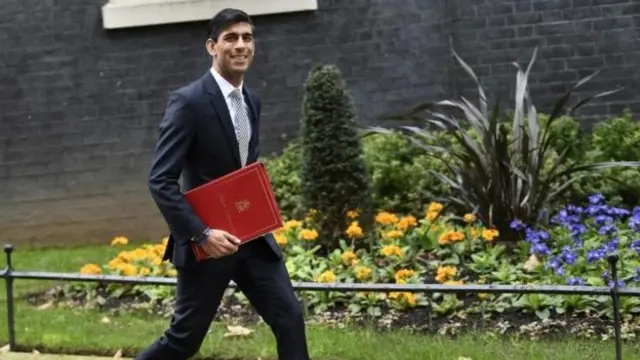 Image source, EPA
Image source, EPAConsensus is growing that significant though the Bank of England's package of measures is, it's only "one part of the jigsaw".
"Targeted fiscal policy will be more important, says BofA Global Research.
"We expect chancellor Sunak to deliver fiscal support in the Budget later today. Reports suggest c£75bn extra investment over 5 years, in-line with our call, external, will be forthcoming.
"We expect a series of temporary measures too: funds for healthcare, enhanced sick pay, fuel duty freeze, and potential targeted measures to aid business cash flow such as funds for the time to pay scheme and potentially employer payroll tax (NICs) cuts.
"We also look for some form of Credit Guarantee Scheme. £bn figures at this stage, and some measures may not show up fully in borrowing. If this is delivered the UK will have a targeted economic response in place relatively early.
 Image source, Getty Images
Image source, Getty ImagesHong Kong's national carrier is the latest airline to warn of the likely economic impact of the coronavirus outbreak.
Carney on interest rates cut: 'It will help to support confidence'
The Bank of England has announced an emergency cut in interest rates to shore up the economy amid the coronavirus outbreak.
Policymakers reduced rates from 0.75% to 0.25%, taking borrowing costs back down to the lowest level in history.
Governor Mark Carney said the action would provide relief "at a difficult time".
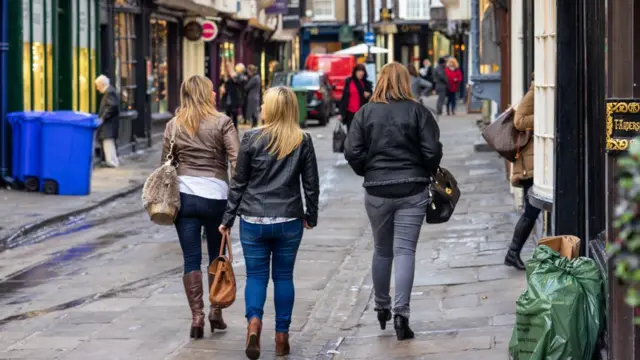 Image source, Getty Images
Image source, Getty ImagesSmall businesses can be particularly vulnerable to economic disruption
It's been dubbed the "coronavirus Budget", but what can Chancellor Rishi Sunak do to ease the impact?
It's been dubbed the "coronavirus Budget", but what can Rishi Sunak do to ease the impact?
Read More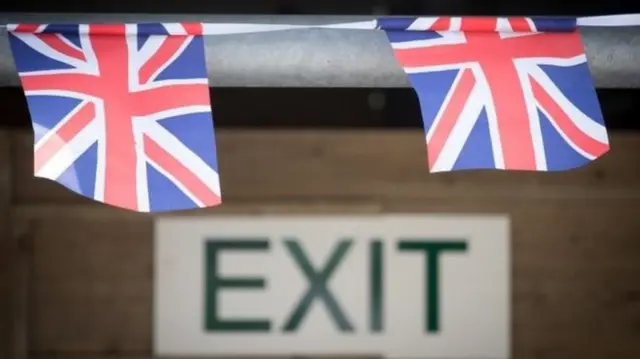 Image source, Getty Images
Image source, Getty ImagesProfessor Costas Milas of the University of Liverpool Management School, says the Bank of England and the chancellor are "jointly using all available monetary and fiscal ammunition in an attempt to reboot the economy against the coronavirus headwinds".
However, he adds: "Critics will argue that bringing an already low interest rate down to zero hardly leaves any monetary policy ammunition should the economy need one, in case we end up with a no-deal Brexit nine months from now. That said, the Bank had to act now because it takes roughly a year for the interest rate cut to revive the economy."
 Image source, Getty Images
Image source, Getty ImagesBank of England Governor Mark Carney has "bowed to pressure" in an effort to prop up the economy and ward off recess, says UBS Global Wealth Management economist, Dean Turner.
"One might question how effective a rate cut is in the short-term, the other measures around lending to SMEs [small and medium-sized enterprises] are arguably more important at this point.
"We await this afternoon’s Budget to see if there are further measures to help households and businesses cope with the economic shock.
“In our view, a recession remains unlikely. In the long term, it could well add to the rapid bounce-back we expect after peak fear about the virus is reached.
"The greater the policy response, the stronger the bounce back is likely to be," Mr Turner says.
Bank of England Governor Mark Carney fields a question about those safety buffers that banks will be able to run down.
The reserves effectively become excess capital, which can be loaned against, hit through loan losses or spent as dividends or bonuses.
Banks won't be allowed to spend the capital through dividends or bonuses, Mr Carney says.The Bank of England wants them to lend.
"I think the public expects authorities to act," he says, as he explains the reasons behind the rate cut.
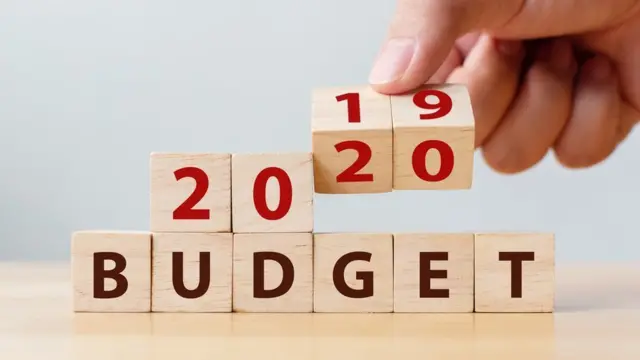 Image source, Getty Images
Image source, Getty ImagesThe chancellor is urged to introduce a hardship fund for staff not eligible for statutory sick pay.
As coronavirus cases increase John Maguire finds out how to self-isolate
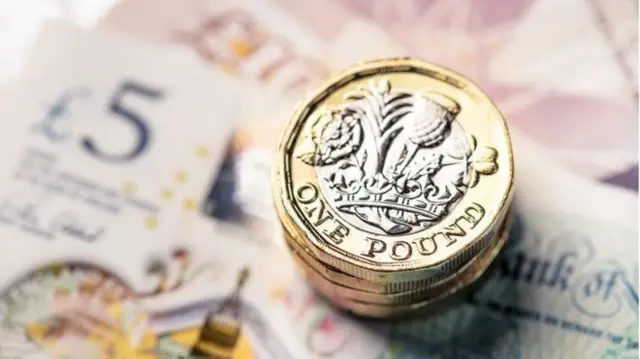 Image source, Getty Images
Image source, Getty ImagesExperts at stockbroker Hargreaves Lansdown have spotted a key line in the Bank of England's release. It could suggest actual money may be pumped into the economy as well as cheaper rates.
Quote MessageIn a key paragraph towards the end of the release the Bank confirmed that it’s working in concert with HM Treasury. This is important because monetary policy alone is unlikely to be enough to mitigate the impact of a sharp or prolonged supply shock, so we’re glad to see the two are working in together during these testing times. It also all but confirms we’ll get some sort of stimulus measure from the Chancellor this afternoon in the Budget
William Ryder, Equity Analyst, Hargreaves Lansdown
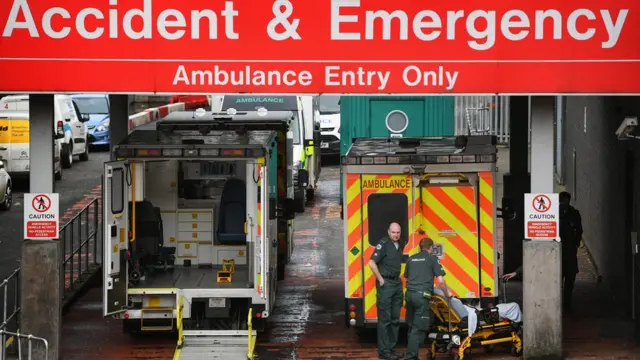 Image source, Getty Images
Image source, Getty ImagesHealth Secretary Jeane Freeman said all frontline health staff were at greater risk of infection with coronavirus
Scotland's health minister says between 25% and 30% of NHS staff could be off sick during the coronavirus outbreak.